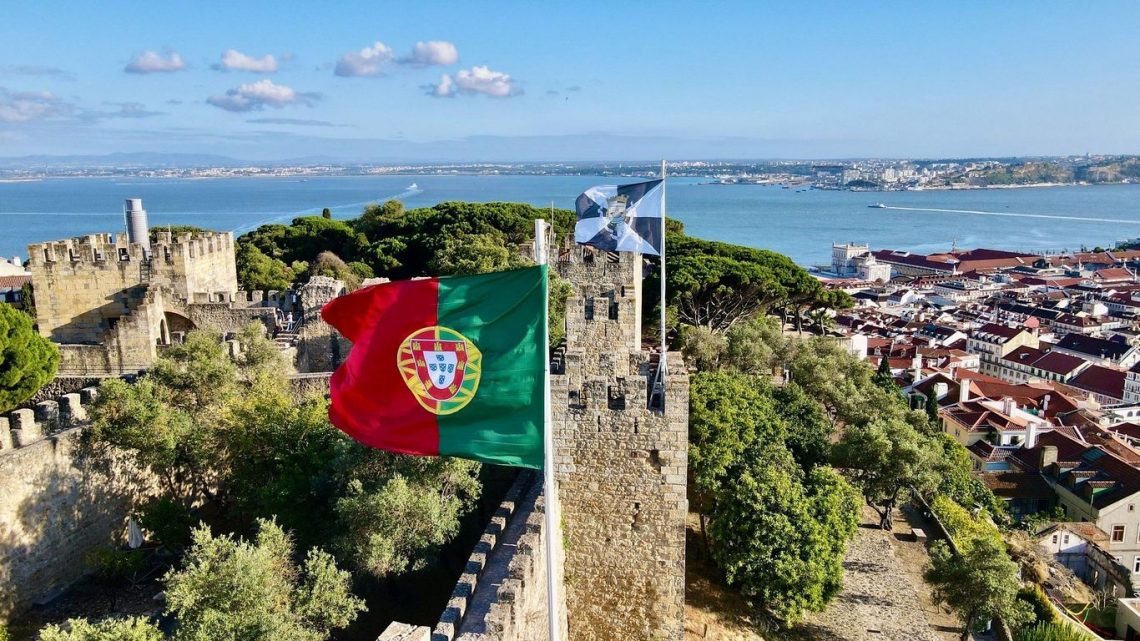
Moving to Portugal: A Guide for US Citizens
Thinking about making the leap across the Atlantic? Portugal might just be calling your name. With its stunning landscapes, rich culture, and favorable immigration policies, it’s no surprise that many US citizens are considering a move to this European gem. Whether you’re drawn by the allure of vibrant cities like Lisbon and Porto, or the serene beaches of the Algarve, Portugal offers something for everyone. In addition to its picturesque scenery, Portugal boasts a mild climate, affordable cost of living, and a welcoming atmosphere that attracts expatriates from around the globe. With a growing tech scene and various job opportunities, it’s easy to see why people are relocating to Portugal. Moreover, the country’s rich history and delicious cuisine make every day a new adventure, enticing many to fully embrace this captivating destination.
Understanding Visa Options for US Citizens
Relocating to Portugal requires an understanding of the various visa options available. Let’s explore some of the pathways that make this beautiful country accessible to US citizens.
Image by Travel+Leisure
Tourist Visa and 90-Day Stay
Good news for spontaneous travelers: US citizens can enter Portugal without a visa for up to 90 days. Whether you’re scouting locations or enjoying an extended vacation, this short-term stay option requires merely a valid passport. However, if you’re planning to stay longer, you’ll need to explore other visa options.

Golden Visa Program
A popular choice for investors is the Portugal Golden Visa. This program allows US citizens to reside in Portugal through property investment or by contributing to certain economic sectors. With benefits such as freedom of movement in the Schengen Zone and the potential for permanent residency, it’s an attractive option for many.
D7 Retirement Visa
If you’re considering retirement abroad, the D7 Visa may be the ticket. Aimed at retirees and individuals with a stable passive income, this visa requires proof of sufficient funds and accommodation. The process also involves health insurance and a background check, making it a viable option for those planning a tranquil retirement in Portugal.
D2 Entrepreneur Visa
For the entrepreneurial spirits, the D2 Visa is a fitting choice. This visa is ideal for individuals looking to start a business or expand an already existing company in Portugal. From tech startups to small businesses, a clear business plan and financial projections are essential components of the application.
Digital Nomad Visa
By catering to the growing trend of remote work, the Digital Nomad Visa offers flexibility for those working online. Applicants must show proof of income and health insurance. This visa caters to the modern worker who wants to enjoy Portugal’s lifestyle while keeping their job in another country.
Moving Logistics and Considerations
The practicalities of relocating can be daunting, but they’re crucial when considering a move to Portugal. From housing to healthcare, here’s what you need to know. To ensure a smooth transition, it’s important to familiarize yourself with the local real estate market and explore different neighborhoods that suit your lifestyle. Additionally, understanding the healthcare system and obtaining proper health insurance can save you from potential complications down the line. For those looking for essential tips for moving to Lisbon, researching local customs and language basics will also help you integrate more easily into your new community.
Finding Housing in Portugal
Housing in Portugal can range from coastal apartments to countryside villas. Websites like Idealista and Property Guides can help you explore options. Understanding lease agreements and choosing between bustling city life or peaceful rural settings will play a big role in your adaptation.
Healthcare and Insurance
Portugal’s healthcare system is efficient, providing both public and private options. Public healthcare is generally affordable and high-quality, but private health insurance may offer faster access to specialists. Make sure you have a comprehensive understanding of healthcare requirements, especially if you’re planning a long-term stay.
Cultural Adjustment and Integration
Moving to a new country is not just about logistics; it’s also about fitting in. Learning Portuguese can be a significant step in integrating into local communities. Engaging with expat networks and attending local events will help you adapt more smoothly to the cultural nuances of life in Portugal.
Legal Obligations and Taxes
Understanding legal and tax obligations is essential for US citizens living abroad. Regulatory requirements may vary, but they are a critical part of settling down in Portugal.
Residency Requirements
To stay beyond the initial 90-day period, you’ll need to apply for residency. This process involves submitting required documents like proof of income, accommodation, and insurance. Connect with local authorities to ensure you’re on the right track.
Taxation for Expats
US citizens residing in Portugal are subject to tax obligations both locally and to the IRS. Understanding the double taxation agreements between Portugal and the US can prevent unnecessary financial burdens. Consider consulting a tax professional familiar with both systems to navigate this intricate aspect of expat life.
Conclusion
Moving to Portugal offers a unique opportunity for US citizens to experience a different lifestyle. By considering visa options, understanding logistics, and preparing for legal obligations, you can make an informed decision that best suits your aspirations. Whether you’re seeking adventure, retirement, or a whole new work environment, Portugal welcomes you with open arms and endless possibilities.



